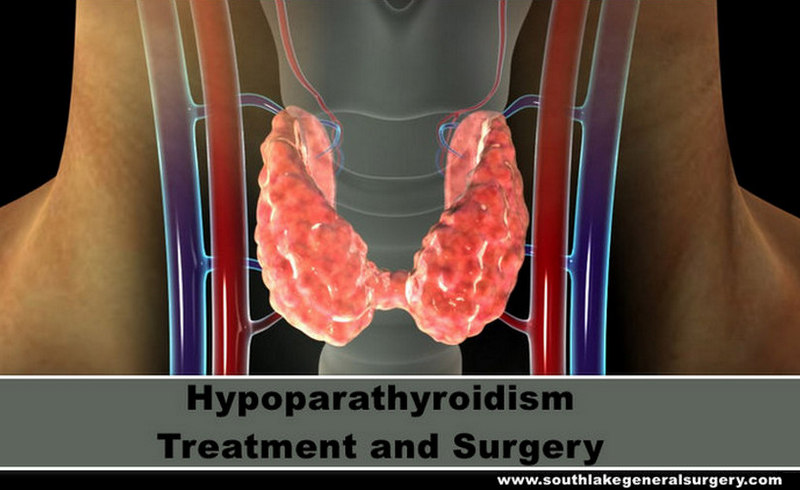Hypoparathyroidism is an uncommon condition that happens when the parathyroid glands in the neck don’t create enough parathyroid hormone (PTH). Everybody has four parathyroid glands situated close or behind the thyroid glands. Every gland is the size of a grain of rice.
The significant function of PTH is to manage the degree of calcium in body. It additionally controls the degree of phosphorus and has a role in the creation of the active form of Vitamin D. These activities are required to keep up calcium balance.
Less PTH causes low level of calcium and high levels of phosphorus in human body. This condition may not cause any sever medical issues when it’s identified early, yet it requires long lasting observing and parathyroid treatment.
Causes of Hypoparathyroidism
Hypoparathyroidism causes include:
- injury to or evacuation of the parathyroid glands
- DiGeorge syndrome, which is a hereditary disorder that influences development of certain body systems
- hereditary qualities
- immune system disease
- cancer radiation treatments
- low magnesium levels
Hypoparathyroidism Symptoms
Low calcium levels cause a considerable many symptoms of this condition. That includes:
- cramps and muscle aches
- burning, tingling, or insensibility in the fingertips, toes, and lips
- muscle spasms, particularly around the mouth
- patchy hair loss
- dry skin
- weak nails
- fatigue
- anxiety or depression
- painful menstruation
- seizures
Children with hypoparathyroidism may likewise have cerebral pains, vomiting, or dental issues, for example, debilitated tooth finish or poor tooth development.
Treatments for Hypoparathyroidism
There are a many treatment alternatives for hypoparathyroidism. Treatment for this condition is intended to help reestablish the best possible levels of calcium and minerals in body.
Introductory treatment includes taking calcium carbonate and vitamin D supplements in pill form. Vitamin D is prescribed since it helps the body to assimilate calcium and wipe out phosphorus.
Doctor will decide the measure of calcium and vitamin D you need. They’ll screen the accompanying levels occasionally to ensure they’re within the normal range:
- calcium
- phosphorus
- magnesium
- PTH
Your PCP may recommend for supplements for the duration of the day to help balance out your calcium level. Many people need to take supplements throughout their lives to treat this condition.
If calcium levels are dangerous or in case you’re having alarming muscle spasms, intravenous (IV) calcium will be given. This alleviates symptoms all the more rapidly in light of the fact that the calcium goes straightforwardly into bloodstream.
Your PCP may likewise arrange diuretics to help decline the amount of calcium discharged in urine.
Viewpoint on Hypoparathyroidism
Your PCP will screen levels of calcium and phosphorus through regular blood tests. After diagnosis these tests will be weekly or monthly. Since hypoparathyroidism is a chronic condition, you’ll have to keep up medicines and dietary changes for throughout your life. The vast majority can monitor their symptoms with legitimate long haul treatment.

